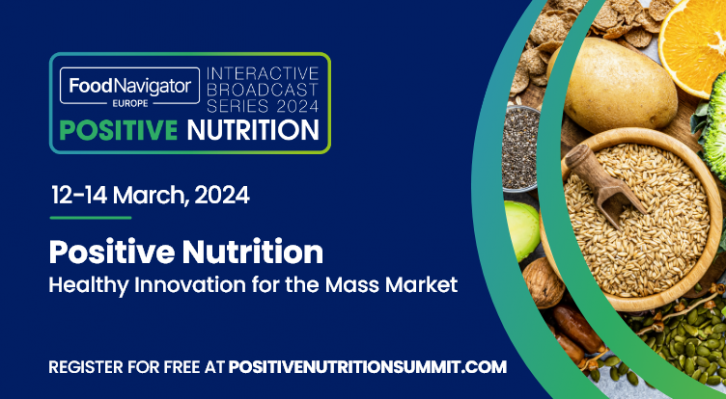Research carried out by scientists at the Food and Drug Administration (FDA) in the United States have found that excessive consumption of caffeine can pose certain health risks.
The FDA has provided guidelines on caffeine consumption, advising against high intake levels, especially in children and individuals with certain health conditions. According to the FDA, caffeine can be part of a healthy diet for most people, but too much caffeine may pose a danger to your health.
What are the benefits of consuming caffeine?
According to the FDA, caffeine can be part of a healthy diet for most people, but too much caffeine may pose a danger to your health. This depends on factors such as body weight, medications taken and individual sensitivity. The question of “too much” varies from person to person.
Caffeine is a natural substance, found in the leaves and fruit of more than 60 plants, most notably, tea and coffee plants. Despite the clear association to tea and coffee, caffeine is actually present in a variety of beverages, including some soft drinks, as well as some foods, including energy bars.
As a natural ingredient, caffeine offers a variety of health benefits, with studies from Johns Hopkins Medicine in Maryland, US associating it with a reduced risk of coronary heart disease, stroke, Alzheimer’s, diabetes and kidney disease.
Caffeine also offers potential mental and emotional benefits when enjoyed in the form of a cup of tea or coffee.
“Coffee provides a great ritual, and really brings people together in their daily routines,” says Howey Gill, head of coffee at Grind. “Sitting down in a buzzing café, chatting, with the noise of espresso machines, customers and music – people love this vibe. At home, it provides this amazing ritual for us. Regardless of what’s going on in our lives it provides this little moment of constancy where we take a second to do whatever it is we do to make our cup of coffee. For me that’s pouring a big v60 for me and my partner in the exact same spot in the kitchen.”
Many consume caffeine as it’s a natural stimulant, meaning it increases activity in the brain and nervous system. It also increases the circulation of chemicals such as cortisol and adrenaline in the body, helping to keep you alert and feeling active. However, the FDA is quick to point out that caffeine consumption is not a substitute for sleep.
“Caffeine is a stimulant, which may cause you to be more alert and awake, but it is not a substitute for sleep. Typically, it can take four to six hours for your body to metabolise half of what you consumed. So, a cup of coffee at dinner may keep you awake at bedtime.”

How much caffeine is it safe to consume each day?
For healthy adults, the FDA has cited 400 milligrams a day, equivalent to between four and five cups of coffee, as an amount not generally associated with dangerous, negative effects. However, there is a wide variation in both how sensitive people are to the effects of caffeine and how fast they metabolise it. There are also variations in the strength of the coffee itself.
The FDA has not set a level for children, but the American Academy of Pediatrics (AAP) discourages the consumption of caffeine and other stimulants by children and adolescents, and it’s important to include energy drinks, which contain caffeine, in this assessment.
“Energy drinks often have more caffeine than an espresso and a lot of sugar,” said Tamara S. Hannon, a member of the AAP Committee on Nutrition. “Drinking these beverages can cause anxiety, hyperactivity, inattention, sensation-seeking and poor decision-making.”
What are the downsides to consuming caffeine?
According to the FDA, overconsumption of caffeine can cause insomnia, jitters, anxiety, fast heart rate, an upset stomach, nausea and headaches.
However, in extreme cases, toxic effects, including seizures, can occur following rapid consumption of around 1200 milligrams of caffeine or 0.15 tablespoons of pure caffeine in the form of a tablet, powder or liquid.
The FDA warns that, “pure and highly concentrated caffeine products present a significant public health threat and have contributed to at least two deaths in the United States.”
“Just one teaspoon of pure powdered caffeine can contain the same amount of caffeine as 28 cups of coffee”
The risk of caffeine overdose increases as the concentration of caffeine in the product increases, meaning even small dosages of a highly concentrated product could lead to dangerous effects. According to the FDA, “Just one teaspoon of pure powdered caffeine can contain the same amount of caffeine as 28 cups of coffee, and a half cup of a liquid highly concentrated caffeine product contains the equivalent of more than 20 cups of coffee. These are toxic amounts that can have serious health consequences.”
How can you tell how much caffeine is in a product?
Packaged foods will often provide clear information on how much caffeine, if any, is contained within the product. However some products do not but there resources, such as the online database Caffeine Informer, which provide estimates for the caffeine content of certain products, including tea and coffee, so these could be used as a guide.
Does decaffeinated mean no caffeine?
Despite the very fair assumption that ‘decaffeinated’ means no caffeine, teas and coffees labelled ‘decaffeinated’ have less caffeine than regular coffee, but not no caffeine. Decaffeinated coffee typically contains between 2 and 15 milligrams in an eight-ounce cup. The FDA therefore recommends that you also avoid decaffeinated coffee if you react to caffeine in a negative way.
Learn more about healthy beverage options as part of our ‘Functional food and drink’ panel at FoodNavigator’s upcoming Positive Nutrition event 12-14 March 2024.

